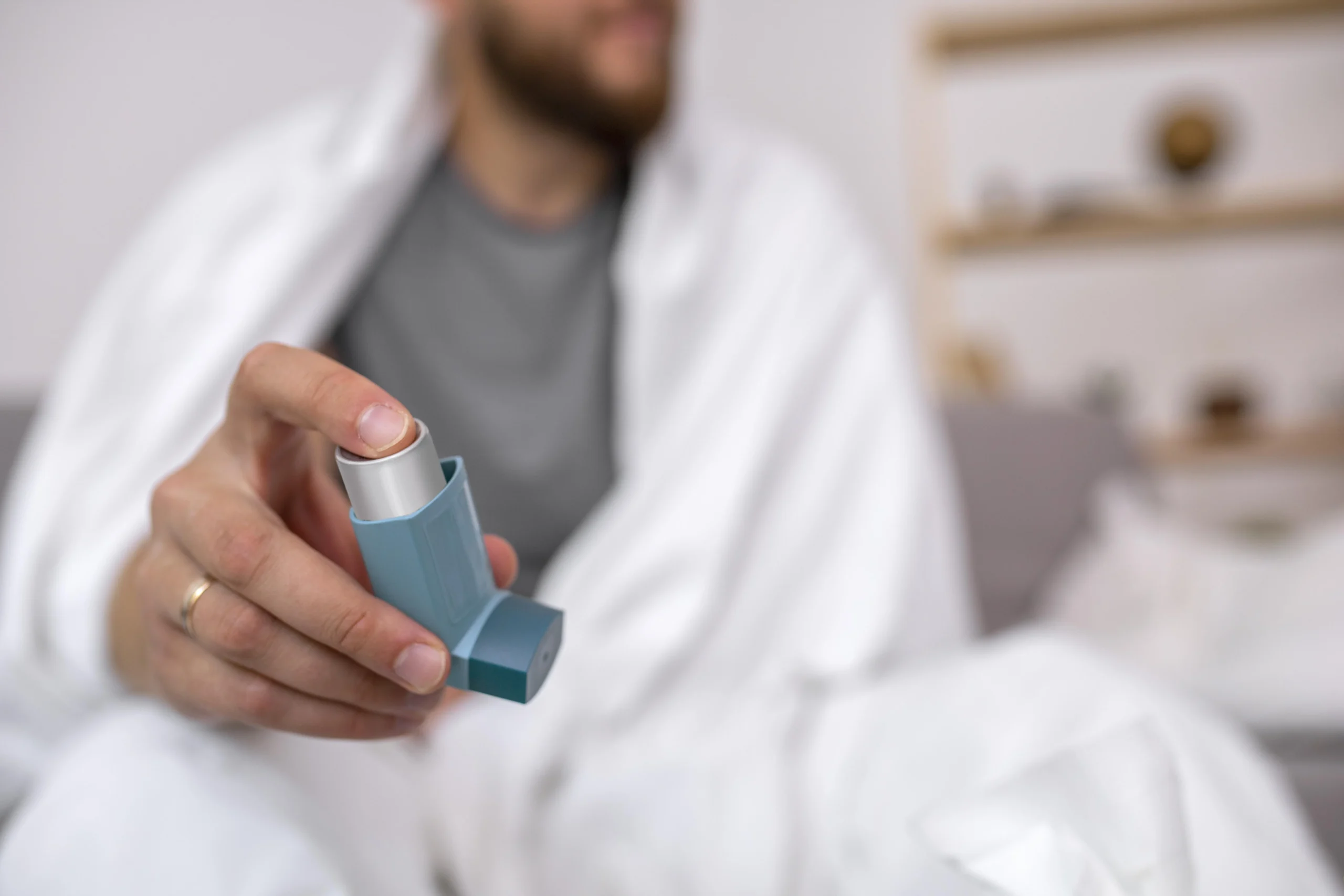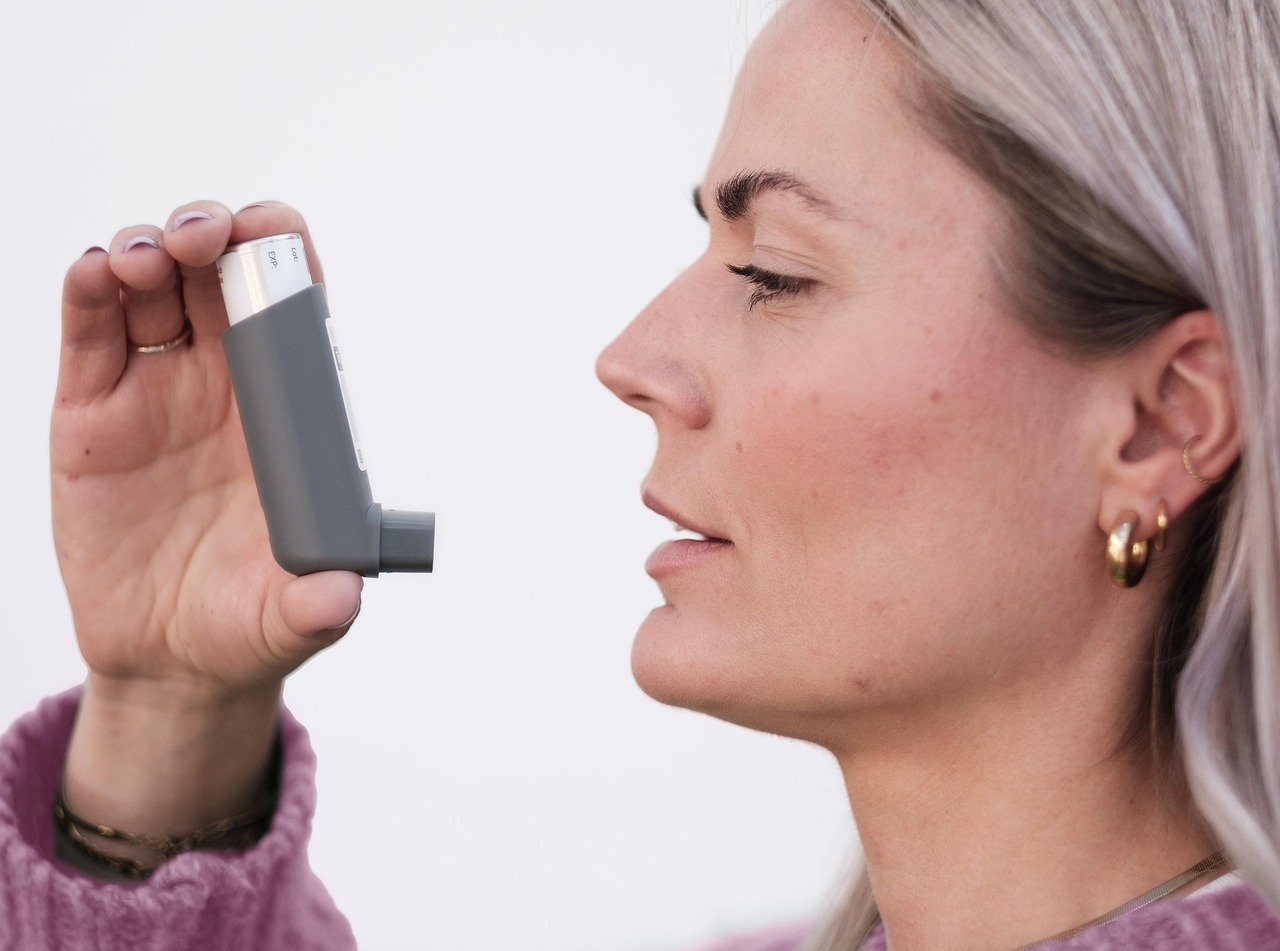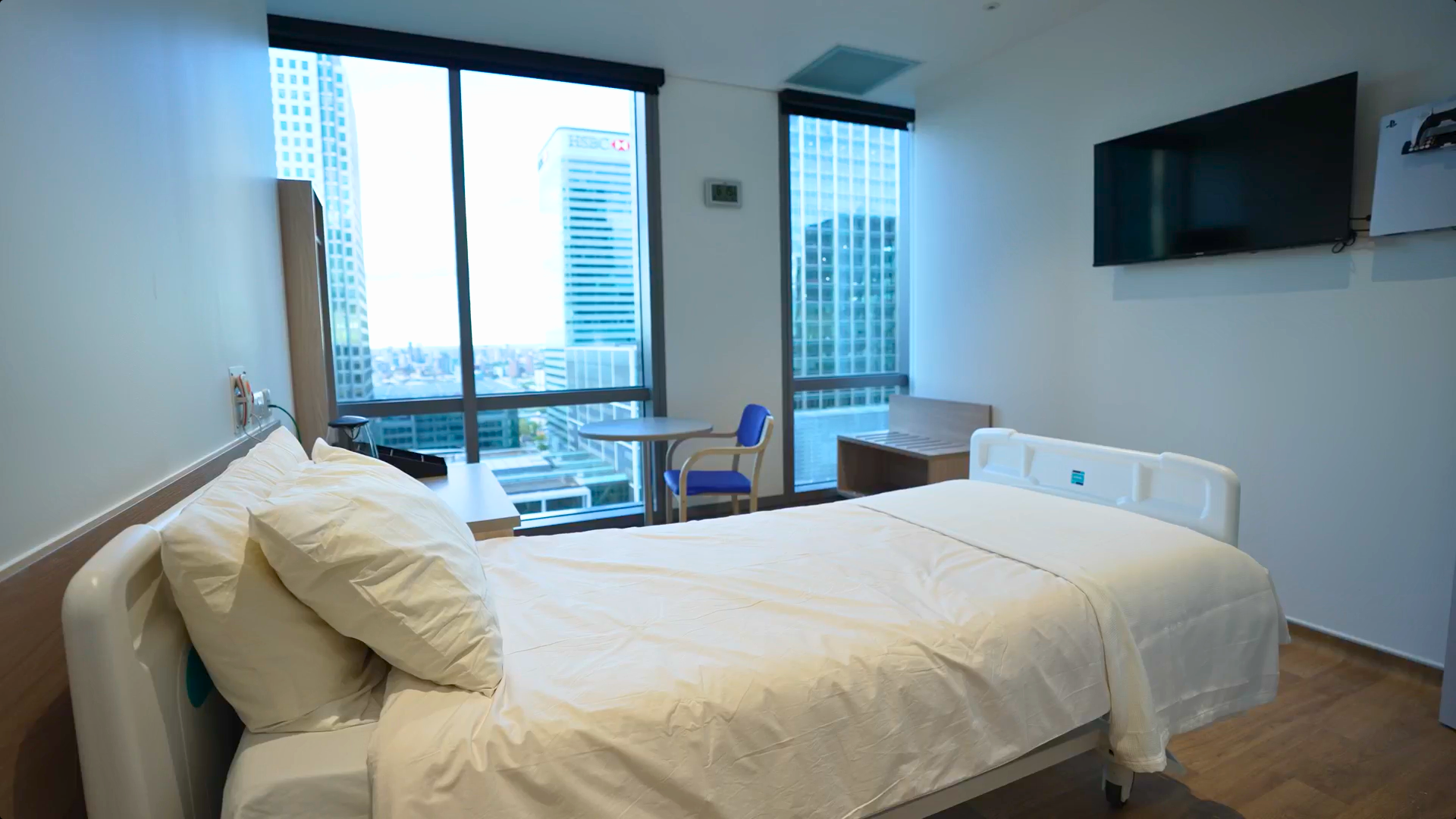Someone has a possibly life-threatening asthma attack every 10 seconds. There is currently no way to completely stop or cure asthma – however, it is possible to construct a plan that will allow you to avoid or decrease your risk of asthma attacks. Before implementing any changes, it is recommended that you speak to your GP.
Identify your asthma triggers
Knowing what can be a specific stimulant for your own attacks can help prevent them in the future. Record your asthma attacks in a notepad or on your phone, and the events surrounding their occurrence. Frequent triggers for asthma attacks include:
- Allergies
- Pet hair
- Smoke
- Perfumes or fragrances (including those used in home cleaning products)
- Cold air
- Air pollution
- A cold or flu virus
You can also get tested for specific allergens. Your GP may be able to determine a specific trigger using an allergen skin test, to ascertain exactly what is triggering your asthma – making it easier to create an asthma management plan. Allergens can inflame and close down your airways, significantly worsening asthma symptoms and increasing the likelihood of an attack.
Get Vaccinated
Asthma sufferers will be aware that catching a cold or the flu virus can often be far more detrimental to their immune system than for others. Wash your hands thoroughly after touching anything that may have been used by someone with an infection, and avoid those who may have a cold or the flu.
If you have exercise induced asthma, particularly that which is triggered by cold or humid environments, then your doctor may have prescribed a preventative measure; usually an asthma inhaler containing albuterol. However, if you find yourself increasingly using your quick relief inhaler then this can be a sign that you are not managing your symptoms effectively, and you may need to speak to your GP about altering your medication.
When staying away from home, consider taking your own hypoallergenic pillows and even bedding if dust mites are a trigger. Similarly, manage your environment to keep it as smoke-free as possible. Avoid areas where cigarette smoking may be prevalent. Smoking indoors and in enclosed spaces is now banned in the UK, so this eases the strain, but be aware when travelling to other countries that do not have this rule.
Using your notepad/phone as a record should hopefully highlight your most common asthma triggers, to allow you to create a plan and effectively manage or medicate your asthma symptoms.
Whilst there is currently no cure, FluCamp are working on developing a treatment for asthma sufferers around the world, with groundbreaking research designed to reduce the severity of asthma attacks. Explore more about our clinical trials for asthmatics or apply to participate in a study. Alternatively, find out more about all of our clinical trials.
















